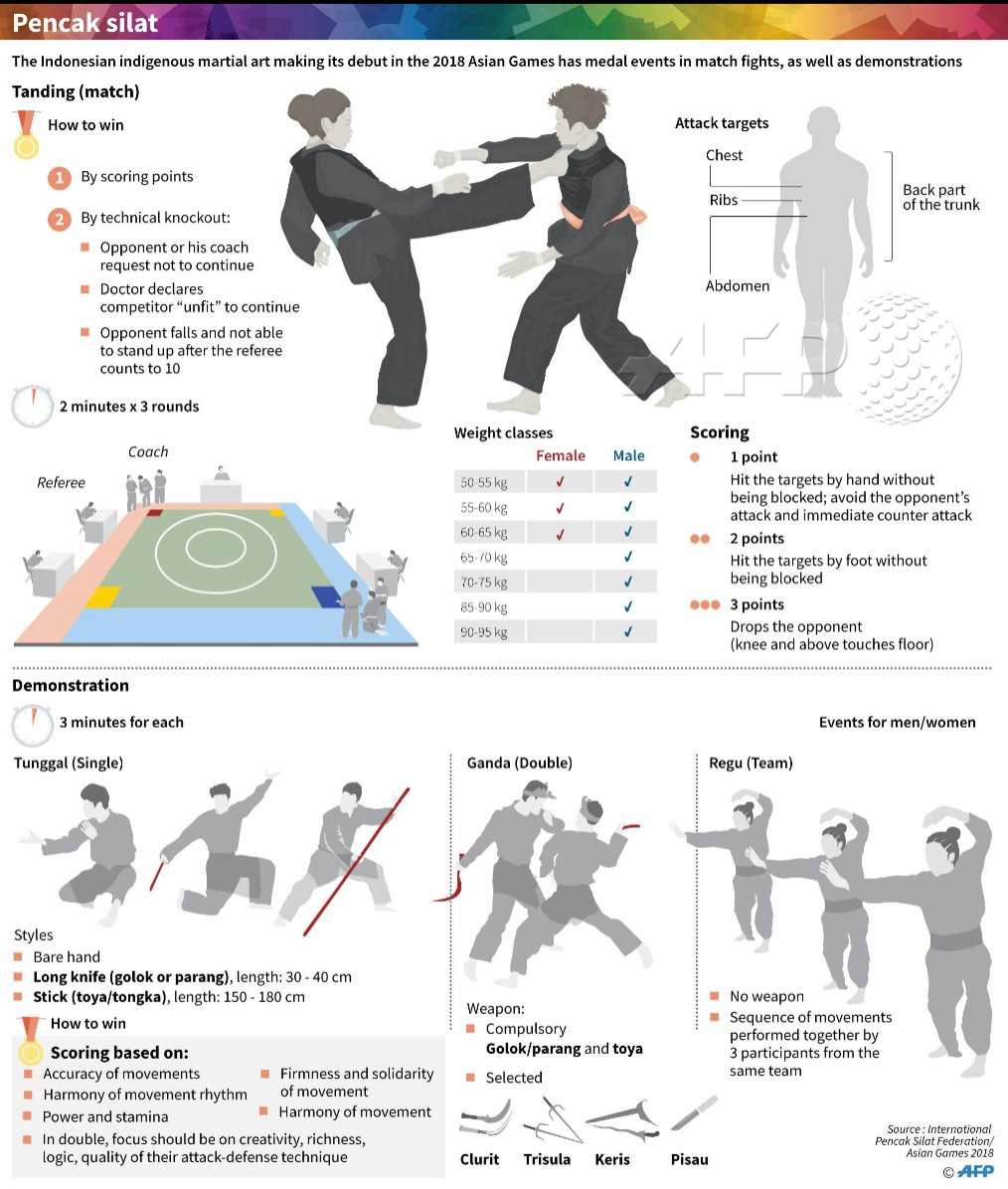The Background And Philosophy Of Martial Arts: A Deep Dive
The Background And Philosophy Of Martial Arts: A Deep Dive
Blog Article
Written By- martial arts training at home where martial arts were substantiated of necessity in varied areas. Societies crafted unique combating styles intertwined with historic contexts. Methods evolved over centuries with devoted practice and cultural exchanges. Today, contemporary martial arts mix standard elements for optimal effectiveness. Philosophically, martial arts highlight technique, self-improvement, and harmony. Regard, humbleness, and balance are fundamental principles directing professionals towards development and durability. Discover the midsts of this abundant history and ideology to reveal the profound impacts shaping this long-lasting technique.
Beginnings of Martial Arts
Fighting style came from different areas around the world, developing as practical battle systems to defend against threats. These ancient fighting styles were established out of need, with each culture crafting strategies matched to their one-of-a-kind atmospheres and challenges. From the grappling arts of Jujutsu in Japan to the striking strategies of Martial art in China, martial arts were deeply intertwined with the historic, social, and social fabric of their corresponding cultures.
In Japan, the samurai course polished martial arts like Kenjutsu, the art of the sword, which later on developed right into the more popularized kind of Kendo. On the other hand, in Brazil, Capoeira emerged as a mix of dance and combat, created by enslaved Africans as a means to stand up to injustice. Each fighting style lugs with it a rich background and philosophy, mirroring the worths and ideas of individuals who exercised them.
As you delve into the beginnings of martial arts, you discover a tapestry of human ingenuity, resilience, and the unyielding spirit of warriors throughout time.
Evolution of Strategies
Through centuries of practice and refinement, combat strategies within numerous martial arts have undertaken a profound development. From ancient designs like Martial art and Martial arts to more contemporary techniques such as Brazilian Jiu-Jitsu and Krav Maga, the evolution of techniques has been driven by a mix of social influences, useful applications, and technical innovations.
One considerable facet of this development is the cross-pollination of methods between different martial arts. For example, strategies from conventional Japanese Jiu-Jitsu were incorporated right into the development of Judo by Jigoro Kano in the late 19th century. This blending of designs has actually caused the development of hybrid martial arts like Mixed Martial Arts (MIXED MARTIAL ARTS), which incorporate components of striking, grappling, and submission strategies.
Additionally, the evolution of techniques has been formed by the boosting focus on performance and effectiveness in combat. Practitioners have actually continually looked for to refine their methods via extensive training, trial and error, and competitors, resulting in the development of highly specialized and reliable battling designs. On the whole, the development of techniques in martial arts shows the vibrant nature of battle and the ongoing mission for improvement and technology.
Thoughtful Foundations
Exploring the underlying thoughtful principles of martial arts offers understanding into their core values and assisting ideas. At the heart of numerous martial arts disciplines is the principle of technique itself. By training your mind and body to serve as one cohesive unit, you cultivate discipline that prolongs past the dojo or gym into day-to-day life. This discipline encompasses respect, humility, and self-constraint, forming not just your physical abilities yet likewise your personality.
An additional essential thoughtful foundation in martial arts is the idea of continuous self-improvement. The journey of mastering a fighting style is nonstop, with professionals frequently striving to much better themselves, both literally and mentally. This focus on development cultivates durability, perseverance, and a development way of thinking that can be put on all aspects of life.
In addition, martial arts emphasize the significance of consistency and balance. Methods are designed to utilize a challenger's power against them, highlighting the concept of yielding and redirecting pressure as opposed to meeting it head-on. This philosophy includes interpersonal relationships, promoting calm resolutions and mutual understanding. By welcoming these thoughtful foundations, martial artists not only boost their combat skills yet also grow a way of life centered on individual development, regard, and harmony.
you can try here
In conclusion, the history and ideology of martial arts use a rich tapestry of custom, technique, and self-improvement.
Consider instance the story of Bruce Lee, who changed martial arts by mixing different designs and philosophies to develop his very own one-of-a-kind type of Jeet Kune Do.
With commitment and development, martial musicians remain to press boundaries and motivate others to reach their complete potential both in battle and in life.
